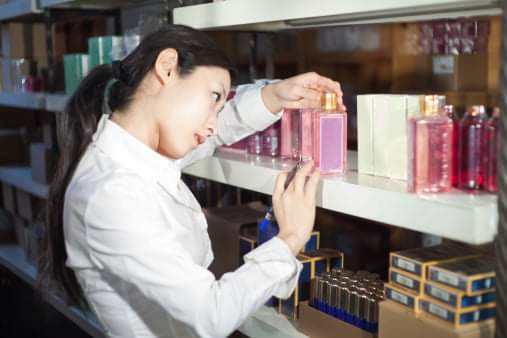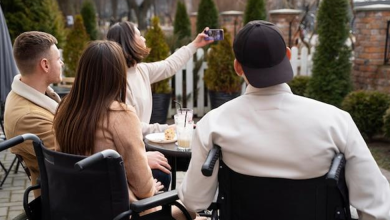Cosmetic Regulation In Australia

If you are interested in selling or making cosmetics in Australia, you must adhere to specific guidelines. Indeed, planning to set up a business can get overwhelming during the stage of planning.
Whether you buy wholesale cosmetics or make your own, make sure the Australian Cosmetic Regulatory standards guide you.
Gone are the days of trawling around on Government websites to understand the cosmetic regulations. This blog will give you a general overview of the cosmetic landscape of Australia.
Read on to find out more.
Table of Contents
Cosmetics Defined by the Australian Government
The Government has put forward numerous rules which revolve around cosmetic labelling. If you want to become a seller or manufacturer, you have to comply with them.
Failure to adhere to these guidelines will lead to severe penalties and fines.
According to the Australian Government, a cosmetic is defined as a substance that people apply to their body. Moreover, this product gets used for specific purposes, for example, face makeup or body clean-up.
That is why every cosmetic product regulated by the Government needs to have similar purposes like:
- Cleaning your body
- Applying different scents to your body
- Changing the appearance of your face or body
Even if you have “natural” products, the law might consider them cosmetics if they serve the same purpose.
Cosmetic Regulation by the Australian Government
Whether you get wholesale cosmetics or build your brand, no single resource can offer you perfect regulations.
Ideally, you may not find one single resource that informs you about the research requirements. It alludes to a variable cosmetic regulation in Australia. Even then, most regulatory bodies, like the TGA, all talk about the same things.
Here are some of the cosmetic regulations you need to understand.
- Manufacturing cosmetics do not require a licence.
- It would be best if you were accredited by the Goods Manufacturing Practice (GMP).
- There is no requirement for Government approval on your product’s safety assessment.
- You may not find any Government-mandated pharmacopoeia guidelines during the testing phase.
- Your goods should adhere to the Therapeutic Goods Orders as a best-practice guideline.
- The products will not require any checklist approval for all elements unless included in the product label.
Note: This leniency does not allude to the Government’s regulatory loopholes or voids. Instead, there is a legislative approach that you need to follow to determine cosmetic safety through self-regulation.
The Process to Follow While Selling or Making Cosmetics in Australia
The same regulations will apply to you regardless of the approach you use to sell the products. Here is a list of valuable things that you need to adhere to before starting the business:
- Understand the definition of Australian cosmetics
- Check to see if the ingredients in your cosmetics are legal or permitted
- Analyse your cosmetics to determine if they are “Subject to Poisonous Scheduling.”
- Determine the proper measurements for your cosmetic product
- Adhere to the safety, regulatory and labelling obligations
The Bottom Line
Selling wholesale cosmetics or manufacturing your own can get complex in Australia. But, if you adhere to every Government regulation, then you are good to go.
Your cosmetics should adhere to the definition and meet all regulatory standards put forward by the TGA and GMP. Moreover, you need to follow a systematic approach as well.
Once you are done with that, you are guaranteed to have a productive business.




